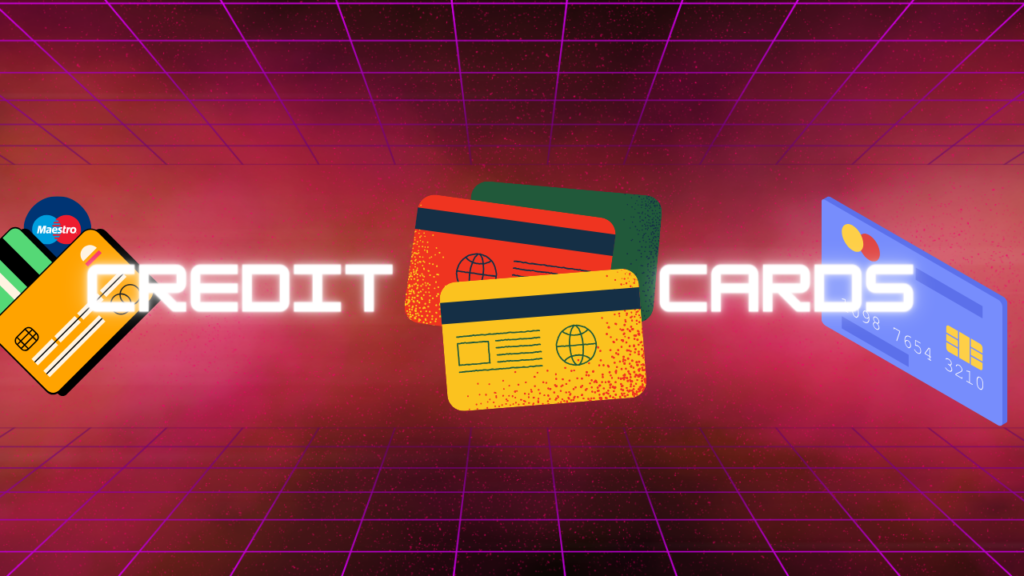Credit Cards: Your Financial Ally or Enemy?
The use of credit cards in India has skyrocketed, becoming a preferred financial tool for many. They offer a safety net in emergencies, providing access to funds without immediate reliance on others. Essentially, a credit card is a payment card issued by a financial institution that allows users to make purchases and pay for services.

Typically, individuals apply for credit cards at banks or other institutions. These institutions assess the applicant’s creditworthiness based on factors like credit history, income, and credit score to determine eligibility and set a credit limit. This limit represents the maximum amount you can borrow at any given time. Each month you receive a statement detailing all your transactions and the minimum payment due. You have a grace period (typically 21 days) to pay off the full balance and avoid interest charges. Prompt repayment within this period incurs no interest. However, any remaining balance after the grace period will accrue interest.
The diverse world of credit cards offers something for everyone, with exciting options like cashback, rewards, and store-specific benefits.
- Cashback Cards: Ideal for everyday purchases, these cards automatically return a percentage of your spending directly to you. Many people prefer this straightforward approach to rewards.
- Rewards Cards: Earn points or cashback in specific categories like travel, dining, or fuel based on your spending habits. Maximize your rewards by choosing a card that aligns with your lifestyle.
- Travel Cards: Treat yourself to airport lounge access, travel insurance, and frequent flyer points for adventurous spirits who conquer the globe.
- Store-Specific Cards: Unlock reward points, discounts, and special offers at your favourite stores or online platforms with cards tailored to your shopping preferences.
- Fuel Cards: Drivers and frequent travellers rejoice! Fuel cards offer enticing discounts and cashback to keep your wallet happy and your tank full.
Key Advantages
Credit cards offer a convenient and secure way to manage your finances. Here are some key advantages:
- Carry less cash: Ditch the bulky wallet and simplify transactions with a single card.
- Streamlined online transactions: Pay for online purchases instantly without entering bank details each time.
- Short-term interest-free credit: Enjoy a grace period to pay off your balance without incurring interest charges.
- Easy expense tracking: Get detailed statements for clear record-keeping and budgeting.
- Emergency access to funds: Have a financial safety net for unexpected expenses.
- Enhanced security: Benefit from fraud protection, minimizing liability for unauthorized card use.
- Reward programs: Earn points, cashback, or travel benefits with every purchase.
- Credit score boost: Responsible credit card use helps build a positive credit history, essential for future loans and financial products.
Disadvantages of Credit Cards
While credit cards offer convenience and benefits, several downsides exist:
- High Interest: If you don’t pay your full balance by the due date, interest rates of 35% to 45% are common, causing debt to snowball quickly. Defaulting is costly: Missing a payment can incur late fees, further increasing the financial burden.
- Hidden Fees: Annual fees, cash advance fees, and foreign transaction fees can add up unexpectedly.
- Impulse Spending: The ease of swiping can lead to overspending, tempting you to buy beyond your means. Rewards don’t justify debt, which can become overwhelming.
- Credit Score Impact: Missed payments or high balances negatively impact your credit score, affecting future loan approvals and interest rates.
- Alternatives: Consider debit cards to avoid debt and hidden fees. Budgeting and tracking expenses help manage spending responsibly.
A double-edged sword
While it’s true that credit cards offer convenience and potential benefits, they can also lead to debt if used irresponsibly. The key lies in disciplined management. Here’s how to make credit cards work for you:
Before you apply
- Match your card to your goals: Consider your spending habits and financial aspirations when choosing a card. Do you prioritize travel rewards, cash back, or building credit?
- Understand the costs: Be aware of interest rates, annual fees, minimum payments, and late fees. These can quickly eat into your savings.
Responsible usage
- Live within your means: Spend only what you can afford to pay off in full each month. This avoids accruing interest charges.
- Stay below the limit: Aim to use less than 40%-50% of your credit limit. This keeps your credit utilization ratio healthy, which positively impacts your credit score.
- Resist impulsive purchases: Credit cards shouldn’t be your go-to for quick fixes or unnecessary spending.
- Pay on time, every time: Set up automatic payments or reminders to avoid late fees and damage to your credit score.
- Clear your balance: Paying off your full balance each month maximizes rewards and eliminates interest charges.
- Minimize cards: Having too many cards can be overwhelming and lead to overspending.
- Beware cash advances: The high-interest rates and fees associated with cash advances make them a risky option.
- Track and monitor: Regularly review your expenses and monitor your credit score to stay on top of your finances.
- Weigh annual fees: opt for cards with low or no annual fees unless the benefits outweigh the costs.
Your credit card is a convenient payment tool, not a magic money wand. Used carelessly, it can become a burden. Be mindful, stay informed, and make credit cards work for you. Responsible use is key to unlocking its benefits and avoiding financial pitfalls. By understanding the advantages and disadvantages, you can transform your credit card from foe to friend on your financial journey.
